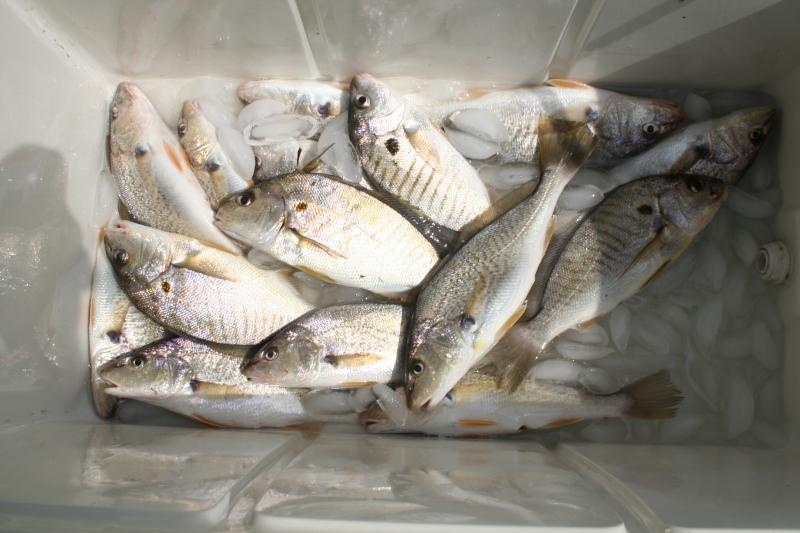Where does all the money go?
Last week was the biannual meeting of the Council on Recreational Fishing Funding, an advisory group created when the general fishing license was passed. The council works with the Department of Fish and Wildlife to oversee how monies from the general fishing license and matching funds derived from the federal excise tax on fishing equipment are spent by the state. Every dollar from the fishing license is matched by three dollars from the federal excise tax. I have been a member of the council since its inception.
This year, 2023, the general fishing license revenue is $1,488,891. The 2023 federal apportionment is $4,246,832. The 2023 fishing license carryover is $6,861,452 and the federal carryover is $2,723,798. These are funds that could not be matched in previous years and are held over to be used for large projects such as the Dobbinsville Fishing Pier.
Among the ongoing projects that will be funded in 2023 is a new boat ramp at Records Pond in Laurel. The ramp will be close to the dam and should be completed in 2024 at a cost of $800,000. The boat ramp at Scotton Landing will be replaced this year at a cost of $1 million. Becks Pond will get a new fishing pier at a cost of $250,000, and Port Mahon will see its boat ramp replaced for $1.8 million.
These are just a few of the projects planned for 2023 and 2024. In addition, $4,504,658 will be spent on recurring expenses such as artificial reefs, maintenance and vegetation control, trout stocking (funded by trout stamps), portable toilets, research and administration.
When we first began trying to pass a general fishing license in Delaware, we heard the same thing we heard in Virginia. The politicians will take the money and waste it. I sat on a roundtable that put together a tidewater recreational fishing license for Virginia as well as a commercial fishing license. That process took one year, and at times things got just a bit testy. In the end, we had a good bill, and it passed the Virginia legislature.
I was part of the group that put together the general fishing license in Delaware. We failed the first year and the bill was tabled in committee. The second year, it sailed out of committee and through the House and Senate, and became the law of the land.
All you have to do is launch your boat or enjoy fishing from one of the many piers or over an artificial reef to see the good the general license has done. It also saved our reef sites from commercial fishermen. When some commercial fishermen wanted to set pots on the reef sites, we successfully took them to court and proved that the reef sites were paid for with 100% recreational fishermen’s funds. That made the reef sites off-limits to commercial fishing.
Placing the money from the general fishing license in a designated fund that can only be used for fisheries-related projects is the key to keeping politicians’ hands off the money. That has been done in every state that has the license, and to the best of my knowledge it has worked, even in Louisiana.
One politician in Florida, who was chairman of the Natural Resources Committee, had his office remodeled with license money. He was caught and had to repay out of his own pocket.
Recreational fishermen can be proud to say they pay their own way. We don’t use general fund money to enjoy our sport.
Fishing report
I am somewhat happy to report that at least three black drum were caught from the beach at 3Rs Road last Thursday. I would be happier if the drum bite had continued, but so far that has been all I’ve heard about. Christina Puglisi had one of those drum, a 33-incher, and like all the rest, she caught hers on sand fleas.
Old Inlet Bait and Tackle reported a few 20-inch rockfish from the inlet with the occasional keeper over the 28-inch minimum size on lead heads with a plastic swim shad. A few tog are beginning to show up, with green crabs or sand fleas the baits of choice.
At Lewes Harbour Marina, we learned that the Katydid sailed on Monday and returned with 18 tog from the ocean. On Tuesday she had around 20 tog, with Robert Baxley taking the pool with a 9-pounder.
Up in New Castle County, Ed O’Donnell fished the fly-fishing only section of White Clay Creek on Tuesday morning. He hooked 12 rainbow trout and brought eight to the net. He used the green weenie, the orange egg and the hare’s-ear nymph.























































